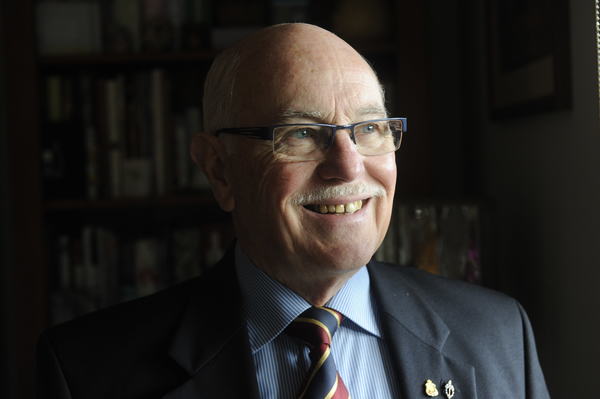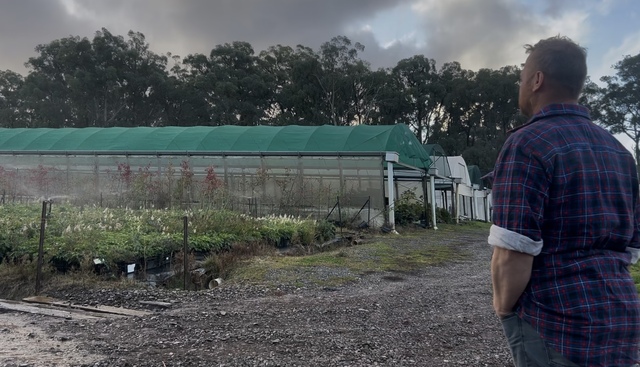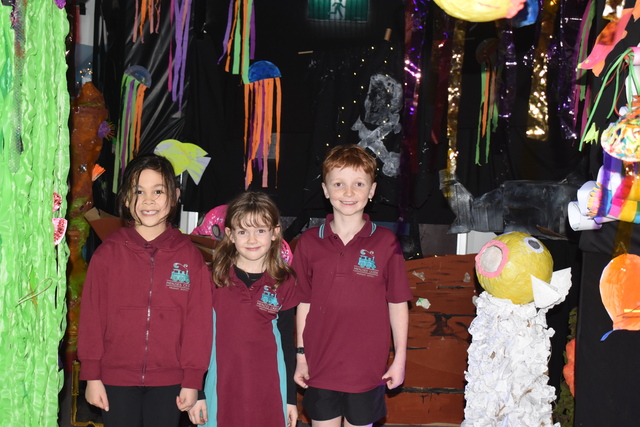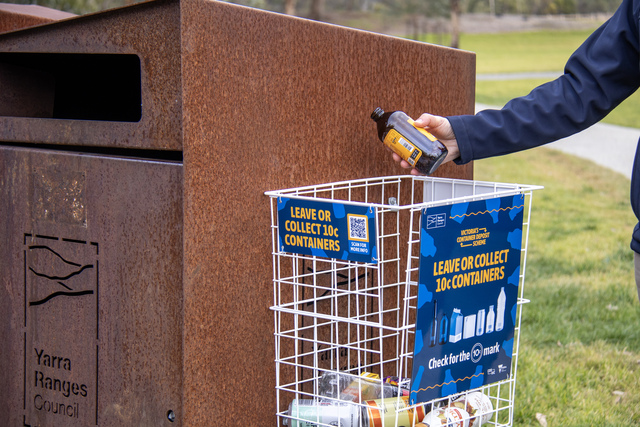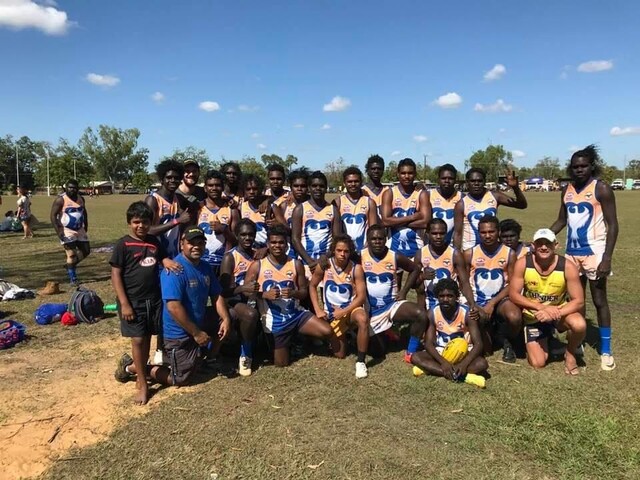By CAM LUCADOU-WELLS
DURING Bill Rogers’ ‘retirement’ for the past 20 years, the past president of the Rotary Club of Belgrave has still been going full-time.
As a volunteer welfare officer at Legacy, he has been diligently working 30-40 hour weeks in Melbourne’s south-east – and at times further abroad – to look after veterans and their families.
“If you live in the community you give back to the community,” the Berwick ex-police officer and Vietnam 7RAR veteran said.
On 13 June, Mr Rogers was named as a Medal of the Order of Australia (OAM) recipient for his voluntary deeds.
In addition to his work with the Rotary Club, involvements also include being an RSL member of Berwick and Dandenong.
Mr Rogers has also held board positions at Legacy in Melbourne and its national council.
As a police officer he protected witnesses and VIPs and organised the Police World Games featuring 7000 athletes in 1995.
At the time the event was the biggest in Melbourne since the 1956 Olympics.
He said there’s a great need to look after the recent waves of veterans coming home from Iraq and Afghanistan. But often their families’ struggles are overlooked.
“What the families are going through is extremely tough. They’re trying to hold things together.”
He knows how veterans tend to keep things to themselves, and tries to help families to understand why the returned servicepeople have changed.
“Nothing will ever replace the camaraderie and the mateship that you share with those served with.
“It’s the mental trauma they go through. A lot of them want to go back to where they came from – it’s what they know best and their mates are there.”
Mr Rogers remembers a wife struggling to deal with how she was treated by her returned WWII soldier husband.
“I sat down and went through what her husband went through in New Guinea and the Middle East. The things he had seen, the mates he’d lost … it changes him.
“He is not as tolerant, doesn’t like crowds, doesn’t like going out. They become introverted.”
The wife had not heard her husband’s war travails, hadn’t understood their impact and broke into tears.
“That explains so much,” she told Mr Rogers.
As a veteran himself, Mr Rogers said post-traumatic stress has come and gone for him – and it’s been suffered by servicepeople for all time. He deals with it by keeping busy.
He helps with difficulties at veteran families’ homes.
Sometimes he sits and keeps company with war widows, some in their 90s who have endured real hardship and loneliness.
“I feel highly honoured. They accept a stranger into their home and tell you about their life.”

